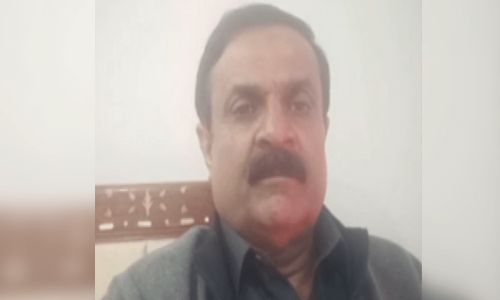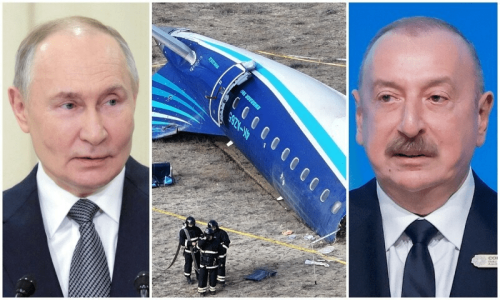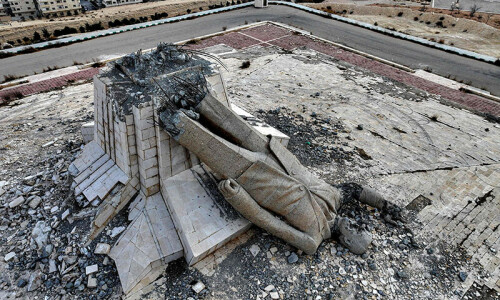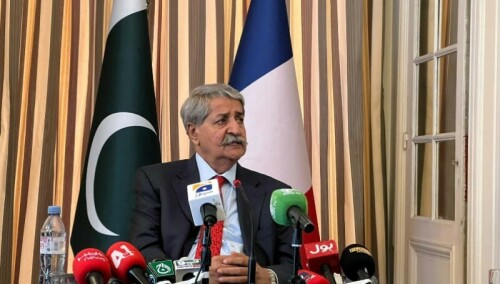INDIA and Pakistan are finally coming back to the negotiating table, and peaceniks from the two countries have been busy laying their own ground for the resumption next week of formal talks that were abandoned after the Mumbai attacks in 2008. Members of civil society from both sides have been meeting to express a desire for peace and to offer, according to their various areas of expertise, solutions to the problems that plague India-Pakistan relations. At a conference in Islamabad, journalists, activists and current and former politicians from both sides of the border suggested on Monday that the two countries sign a no-war pact and bring down defence spending. A day earlier, members of the Pakistani and Indian Supreme Court bar associations issued a joint resolution in Jaipur that deemed violence between the countries unacceptable, favouring, instead, the use of judicial tribunals, negotiations and mediation to find peaceful solutions. Last week, an Indian delegation spoke in Karachi about relevant topics, including the potential of an open trade market between the two countries.
While these efforts are not part of formal talks, due to begin with a meeting between the interior secretaries next week and leading to discussions between the foreign ministers, one hopes their suggestions will not be ignored by official interlocutors. The realities of government-level talks are, of course, more challenging than those of conferences attended by activists already in favour of peace and stronger links. Mistrust characterises the official relationship. India remains suspicious of Pakistan’s seriousness about tackling terrorism and its role in the Mumbai attacks; Pakistan disapproves of India’s stance on Kashmir. Lingering territorial disputes and increasingly serious water-sharing issues will also have to be addressed. Given the complexity of these questions, it will be a shame if the intentions expressed and solutions suggested by peace activists go to waste. One hopes that representatives of both governments will leverage the good work to their own citizens to find creative solutions to mutual disagreements. Diplomacy is a tricky matter — even more so in the case of India and Pakistan.
Still, one hopes that both governments will be mindful of the wishes of their people.












































Dear visitor, the comments section is undergoing an overhaul and will return soon.